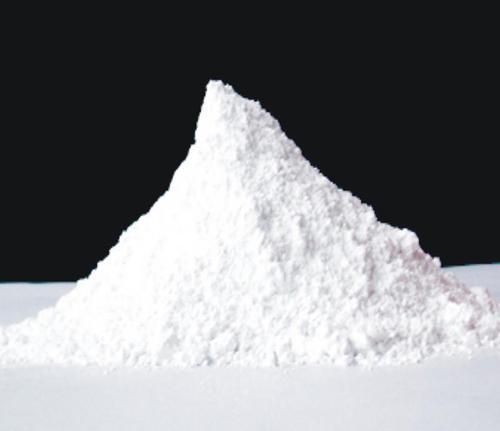Preparation of Activated Calcium Carbonate from Calcium-Based Waste Residue and Its Effect on PVC Properties

As the earliest industrialized thermoplastic, PVC has good comprehensive mechanical properties, excellent flame retardant and corrosion resistance, but is brittle during processing, and must be modified after a series of impact resistance and toughening before use. Adding an appropriate amount of calcium carbonate in the PVC modification process improves the toughness, rigidity, strength, heat resistance and other indicators of the product, and at the same time, the cost of PVC application is greatly reduced.
As a kind of inorganic filler, in the process of PVC modification, the direct addition of untreated calcium carbonate will cause regional agglomeration. The product has poor dispersibility in the PVC system and weak interface affinity, which cannot achieve the expected improvement. Therefore, calcium carbonate must be organically modified to eliminate the surface potential energy of calcium carbonate, increase the wettability, dispersibility and hydrophobicity and lipophilicity of calcium carbonate in the PVC matrix, and improve the modification effect of calcium carbonate on PVC.
Calcium carbonate was prepared by using industrial waste residue and waste gas as raw materials, and it was modified. The influence of modified calcium carbonate on the properties of PVC was investigated. The results showed that:
(1) Using calcium-based waste residue (main component CaO) and CO2 produced in industrial production as raw materials, the best production process for preparing calcium carbonate through digestion, emulsion removal, carbonization, etc. is: temperature 25 ℃, calcium hydroxide contains solid The mass fraction is 10%, the CO2 volume fraction is 99.9%, and the stirring speed is 400r/min.
(2) Calcium carbonate is modified with sodium stearate, the modification effect is the best when the amount of modifier is 3%, the temperature is 80°C, the reaction time is 30min, and the stirring speed is 700r/min.
(3) Application tests show that modified calcium carbonate can effectively improve the mechanical properties of PVC products and reduce the cost of PVC application.
